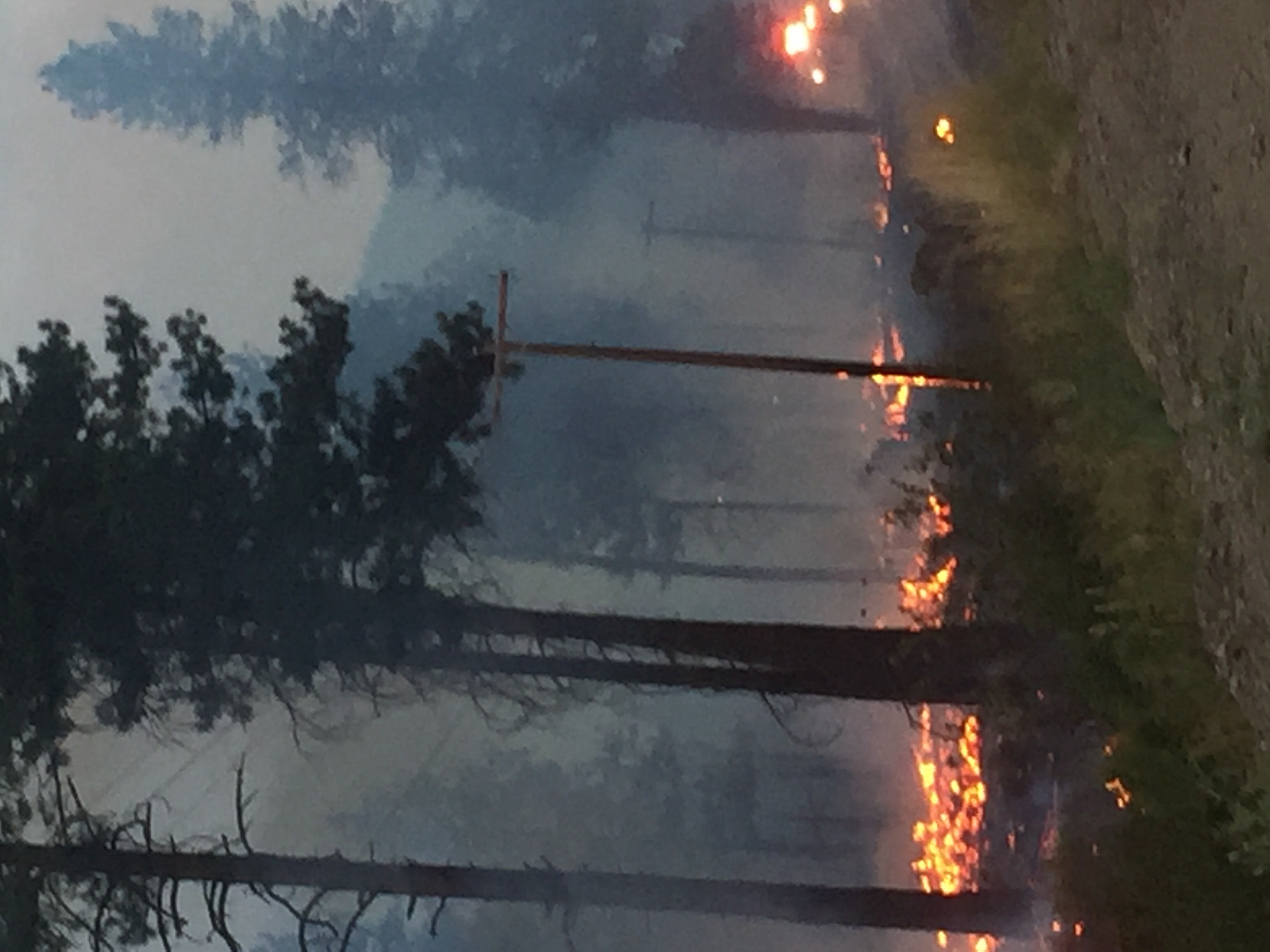Originally published by Readers Digest
You probably always have some water bottles on hand, and now, as the COVID-19 quarantine continues with no end in sight, many people are stocking up on big packs of bottled water to make sure that they don’t run out. But it turns out that bottled water actually won’t last forever. When’s the last time you checked the expiration date on your bottled water? Plus, here are our tips for stocking up smart—whether or not there’s a global crisis.
That’s right! Bottled water DOES expire. And while the reason why meat or dairy products have a sell-by date is pretty self-explanatory, you might be surprised that bottled water comes with a time stamp, too.
As it turns out, it isn’t the water quality you should be worried about. It’s the plastic that the water comes packaged in: usually polyethylene terephthalate (PET) for retail bottles and high-density polyethylene (HDPE) for water cooler jugs. These plastics “will leach into the liquid the bottle once expired or especially when exposed to heat, including sunlight, and hot cars or storage trucks,” according to Amy Leigh Mercee, holistic health expert and bestselling author. “The toxicity contained in the plastic material enters the water.” Also, you’d be surprised by how often you should be washing your refillable water bottle, too.
And not only does this affect the taste of the water, it could create a serious health hazard. “It is disruptive to the endocrine system, causing reproductive symptoms, various cancers, [and] neurological problems, and damaging the immune system.” The porous plastic can also cause the water to accumulate odors and other nasty accompaniments from outside.
So how do those expiration dates keep you safe from this? “Many bottled water companies print a standard two-year expiration date,” Mercree says, but admits that this is a rather arbitrary number. There’s no precise way to predict exactly when the water in the bottle is no longer good to drink, but “it stands to reason that the longer the bottle has been in circulation, the more likely it was exposed to heat or has started to generally degrade,” Mercree says, hence the “standard” two years.
But she warns that the quality of the water can depend on several different factors. “Even a brand new plastic bottle that sat in a hot delivery truck for hours or more can already have adverse and toxic compounds present in the water even when first delivered to the grocery store,” she says. But, as a general rule, as long as you drink it reasonably soon after you buy it, don’t expose it long-term to intense heat or keep it too close to any household chemicals, and refrigerate it once it’s open, your bottled water should be perfectly safe. You should also be keeping an eye out for these other non-food items you didn’t know had expiration dates.

